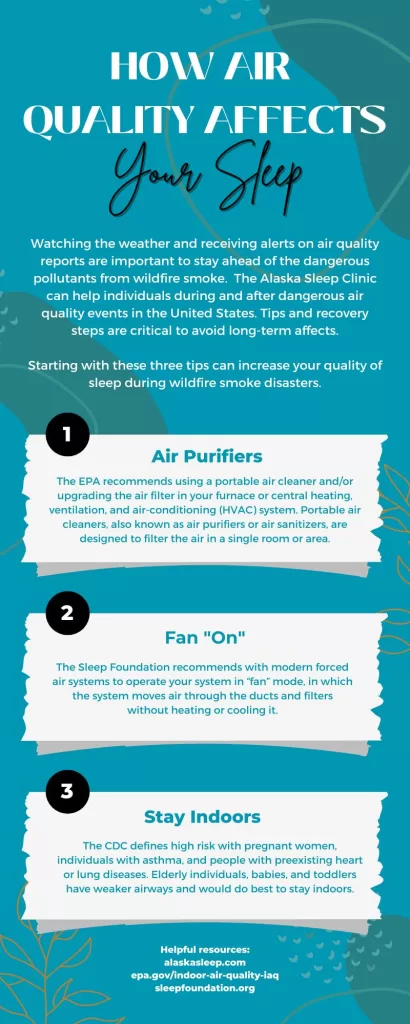
Some areas in the United States are experiencing air quality issues for the first time. When wildfire smoke blows into areas, symptoms such as itchy eyes, headaches, a cough, or scratchy throat seem commonplace. But more aggressive symptoms like chest pain or dizziness leads to more serious long-term complications.
In a 2020 American Heart Association study, doctors found that exposure to consistent, heavy wildfire smoke raised the risk of cardiac arrests up to 70%. When ignored, the fine particulate matter from wildfire smoke constricts the blood vessels and increases blood pressure in patients.
A story from Spokane, Washington, reported the “biggest health threat from smoke and pollution is Particulate Matter (PM) 10, such as dust and soot. These fine particles compounded by complex interactions between the amount of sulfur dioxide, carbon monoxide and nitrogen dioxide in air pollution can destroy red blood cells, known as erythrocytes, and can also lower the body’s oxygen-carrying capacity. That means the heart, brain and the rest of the body are not getting the amount of oxygen they are used to, which in turn makes you feel sleepy.”
Another report from Duluth, Minnesota, shared the dangerous particles were linked to coughing during the night making a full night’s rest impossible. Keeping your windows closed and staying inside when the air quality is poor can help with this problem, especially when you are sleeping. For many individuals, the summer is a time for outdoors and activities. When the air quality is affected by wildfire smoke, this can increase an individual’s anxiety making it difficult to sleep.











